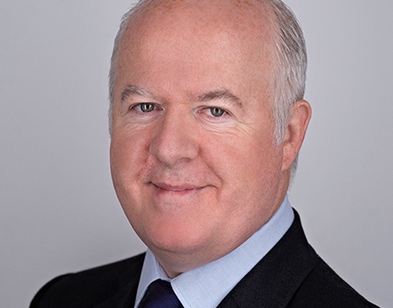The Financial Ombudsman Service (FOS) is normally seen as a bastion of stability but this view has been rocked in the past week with the sudden and unexpected departure of CEO and Chief Ombudsman Abby Thomas.
This was followed a few days later by the FOS chair Baroness Manzoor unexpectedly announcing that she too would step down, in her case in the summer after serving two terms.
MPs on the Treasury Committee are not happy about all this kerfuffle and want to know what role, if any, the FCA played in the departures. Ultimately the FCA is responsible for appointing the FOS board of directors.
He will likely reply but whether this will shed full light on what has happened we do not know.
There have been media reports of disagreements at the FOS about its move to charge CMCs and professional representatives for submitting cases to the FOS. Until clarity is provided we can only guess at what really happened at the FOS to prompt the departure of two senior figures.
One thing is likely, however, and that is a potential major shake-up of the redress and complaints system.
The FOS and the whole system of dealing with financial services complaints in the UK is a major operation these days and a wider review may be necessary. The FCA recently consulted in CP23/24 on 'Capital deduction for redress: personal investment firms', looking at whether it would be prudent for firms to set aside more money for redress claims. The FCA is considering its response to submissions.
The FOS itself is set to consider up to 250,000 cases this year and that’s a huge workload. In addition, the Financial Services Compensation Scheme also reviews thousands of cases each year, mainly relating to failed or failing firms.
The machinery of regulation and redress is enormous and it’s reasonable for the government to review all this, looking for efficiencies and better value. I will not speculate further on what may be coming because I simply don’t know but change is on the cards.
Whatever happens, however, the government will not make itself popular if it scales back protection in the financial services area to the detriment of consumers. While the FOS and FSCS are not popular with some they do provide an invaluable backstop or safety net for consumers who have been ripped off or cheated out of their money by bad practice or bad advice. This is hugely important in building trust in the financial services sector.
We know it works but the issue is really how all this is paid for. There must, at the end of day, be a strong element of fairness in sharing the costs of a costly but essential redress system.
• To be sent a link to view the latest issue of Financial Planning Today magazine (new issue out now) make sure you register for Financial Planning Today website if you are not already registered.
Kevin O’Donnell is editor of Financial Planning Today and a journalist with 40 years of experience in finance, business and mainstream news. This topical comment on the Financial Planning news appears most weeks, usually on Fridays but occasionally other days. Email:
>Top Tip: Follow me on Twitter / X at @FPT_Kevin for breaking news and key updates

